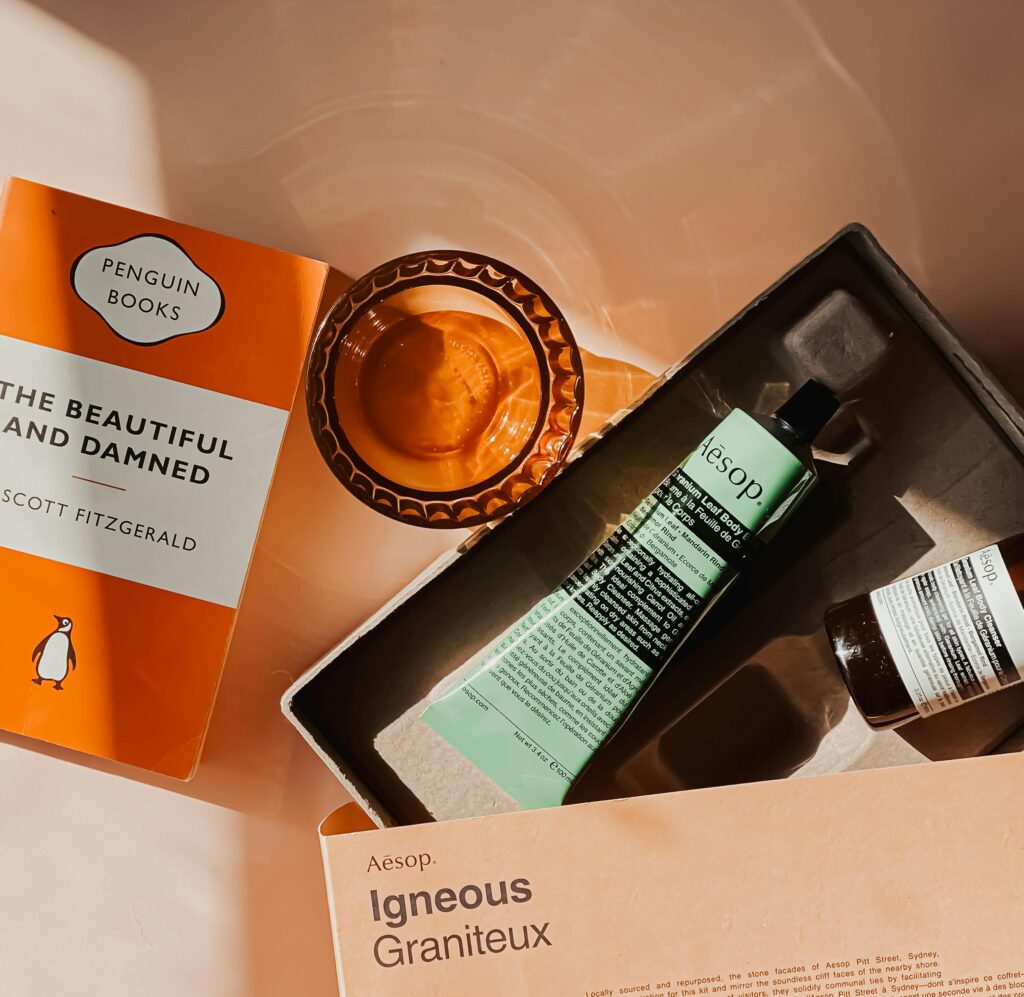Throughout 2025, it’s expected that paid search advertising spend will surpass $300bn globally at an annual growth rate of 8%.
Since paid search was introduced to the market over 25 years ago, this advertising channel has been the go-to for millions of businesses looking to drive qualified traffic to their website and much more.
In this article, we take a closer look at the relevance of paid search in 2025
A BRIEF GROWTH HISTORY OF PAID SEARCH
1996: The first version of Google was created, paving the way for the paid search industry we see today.
1999: GoTo.com, one of the earliest companies to offer a paid search bidding system, completed its IPO. Allowing companies to bid on keywords allowed marketers to target people based on search intent for the first time in history.
2004: Google made $1bn in online advertising revenue. It might sound like a lot of money, but that pales in comparison to the $237.86 billion it made in 2023.
2006: Google introduced Local Business Ads and bought YouTube for $1.65bn.
2010: Remarketing was added to Google’s Display Network. This allowed marketers to track 90% of internet users across over two million sites and serve up advertisements specifically to previous customers or people who’d visited their website.
2017: Google was fined €2.42bn for shopping ads. They’d go on to be fined repeatedly for non-compliance with privacy regulations during 2019 and beyond, including a £13.6 billion lawsuit this year which alleges they have too much power in the online advertising market.
2021: The average cost per click for search ads across all industries was £2.79. This has since risen to £3.68, highlighting the ongoing trend of paid search becoming more competitive and expensive as time goes by.
2024: Google is set to finish disabling third-party cookies for users. You can read more of our thoughts on this here.
IS PAID SEARCH STILL THE DOMINANT AD CHANNEL?
The simple response to this question is yes, it is.
In fact, 96% of marketers use search ads, while 74% of brands say that PPC ads are a huge driver for their business. Three quarters of consumers not only click on those ads but also say they make it easier to find what they’re looking for.
But how exactly do those ads work?
Essentially, marketers can identify the keywords people are searching for using a tool like Google Keyword Planner:
They can then bid on those keywords, with the highest bidders (among a handful of other factors) serving their advertisements to the end user. The overarching goal is to find keywords related to their products/services and to build their paid search campaign around them.
As with everything in marketing, it’s all about reaching people with the right message, in the right place, at the right time. Marketers perfect this by matching keywords to their landing pages, building campaigns based on intent, and driving qualified traffic that is more likely to convert than traffic from other sources.
Due to this, paid search dominates simply because it allows marketers to tap into search intent. Unlike other forms of advertising, where the best-case scenario is that you can target people based on interests and demographics, paid search allows you to serve ads to people based on what they’re doing and thinking in that moment.
You can then direct them to a super-relevant landing page designed with their search intent in mind. There’s a reason why over half of paid search clicks are directed to a landing page rather than just another page on a website or the homepage.
With this kind of advantage, it will be hard for anything to unseat paid search as the dominant channel for marketers wanting to sell products. Whether it’s a new brand wanting to get qualified traffic to their site quickly or an established company looking to scale revenue though Google Ads, the power that PPC holds is huge.
Over the years paid search has had various channels to compete against in terms of where brands decide to invest their media spend (the main being paid social), however, with this channel being so unique in that users can bid directly on search queries, there really hasn’t been a channel that has truly rivalled paid search (yet).
What there has been is a boom in social commerce, which, by better matching performance goals and objectives to what advertisers are looking for, has started to gain traction.
THE RISE OF SOCIAL COMMERCE
Social commerce is perhaps the biggest threat to paid search from a performance marketing perspective, and this shouldn’t come as a surprise. After all, search and social media have always been friendly rivals that go hand in hand, a lot like sales and marketing.
Social commerce is essentially where social media platforms develop and offer advertising services whereas users can buy and sell products/services.
For example, e-commerce providers have found Pinterest to be particularly profitable, with shoppers there spending 40% more than those from other social platforms. The network encourages brands to connect their catalogue to create shoppable products and listings, and to support those with Pinterest Shopping ads.
Then there’s TikTok, which allows companies (and content creators) to create a TikTok Shop and to sell to people directly from the app. Many companies are now TikTok first, which makes a lot of sense. After all, TikTok shops generated over $11bn in gross merchandise volume in 2023 alone.
However, while social networks have been innovating and finding new ways to empower commerce brands to sell their products, so have search engines, which brings us on to the next point.
WHAT IS NEXT FOR PAID SEARCH?
The paid search marketplace has never stayed static, and this trend is expected to continue in the months and years to come.
The most significant trend for marketers is rising costs and declining conversion rates, two factors that combine to mean that paid search advertisers are paying more for less. This could partly be because more than 70% of marketers planned to boost their digital budgets in 2024, meaning there’s increased competition.
It will also be interesting to see the results of Google’s pending £13.6 billion lawsuit in the UK, which accuses them of having too much power in the paid search marketplace, unlikely to lead to much change, but potentially lowering costs for advertisers dependent on the outcome.
Well, it’s simple. Sure, the marketplace is growing more competitive, and it’s harder to generate a positive ROI than it once was. However, paid search is still the best option for companies that want to sell more products/services as they can buy media based on user search behaviour and if done well, can be the fuel behind growth and scalability.
SUMMARY
Paid search will continue to evolve, mainly thanks to ever-increasing spending and the growing competitive landscape.
At the same time, some things have always held true, and we can expect them to stay the same. For example, it has always been important to consider search intent when bidding on keywords and placing ads, and this won’t ever change.
Still, it’s hard to argue against the claim that paid search is the dominant ad channel in 2025, and it’s likely to stay at the top for the rest of the decade and beyond.


